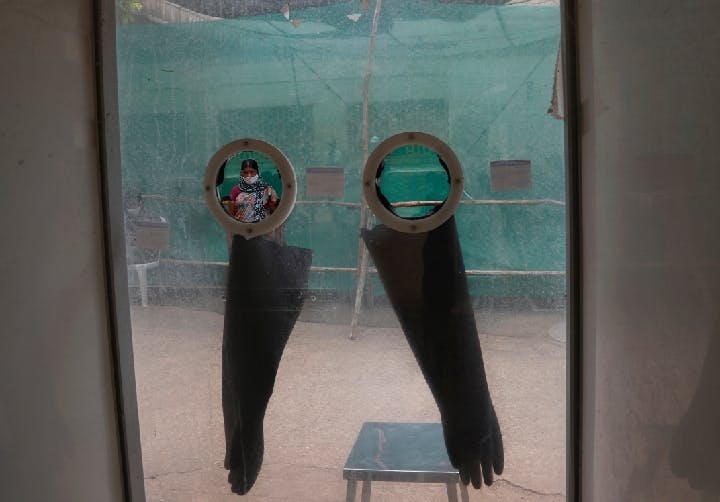Spring 2021
The Instruments of Public Health
– Eugene Richardson
Epidemic modeling and resultant policy recommendations have failed us in the COVID-19 pandemic. A reparative approach would be more effectual.
Dr. Eugene Richardson’s Epidemic Illusions: On the Coloniality of Global Public Health (MIT Press) is a book for our moment. Deeply humane and ferociously funny, his sustained assault on the ways public health practices deepen global inequities is essential reading in a time of pandemic. Shortly after it was published in December 2020, The Wilson Quarterly asked Richardson for additional reflections on how his groundbreaking work intersects with what he calls SARS-CoV-2’s “quasi-inexorable spread.”
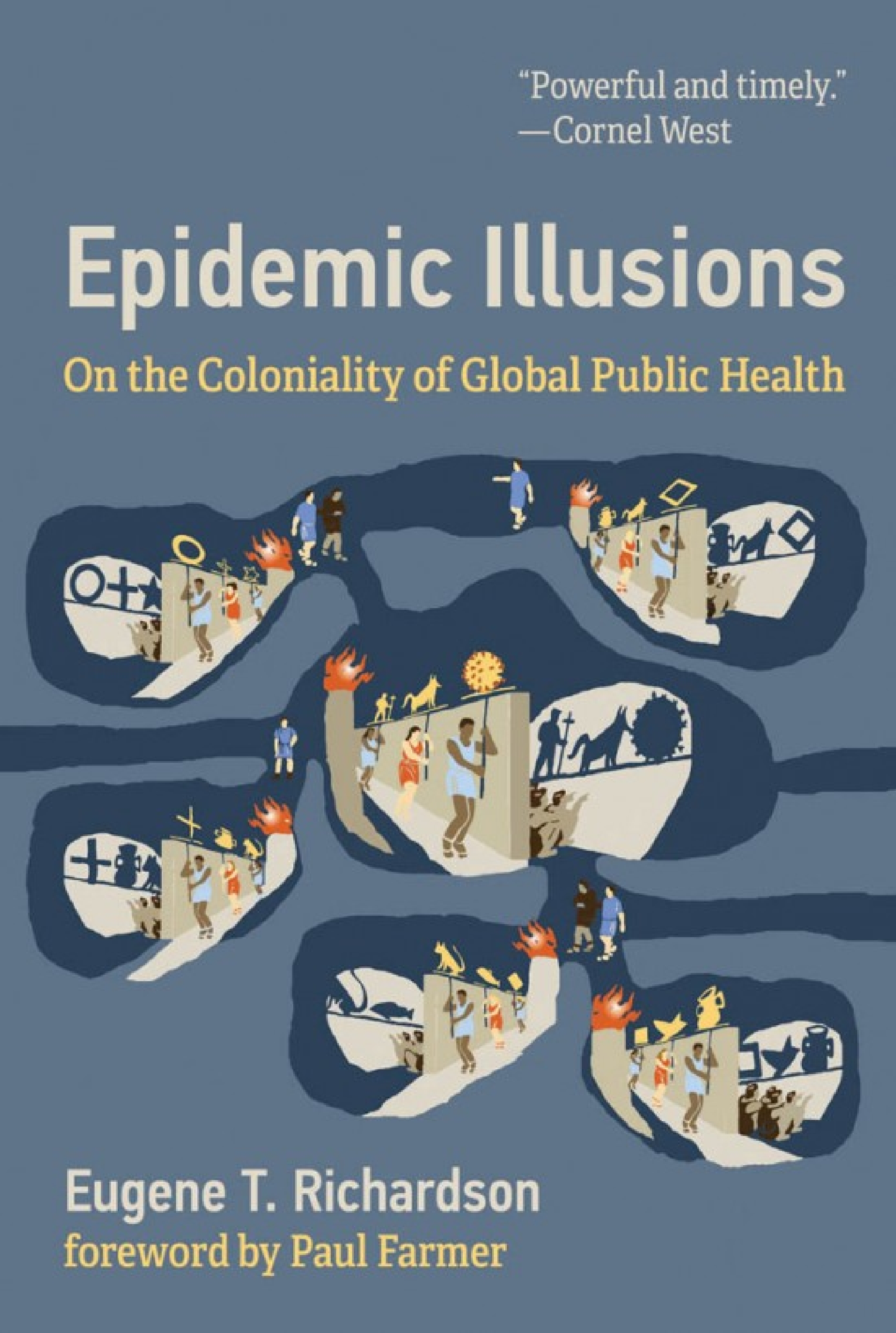
Over many years, through the various guises of physician, anthropologist, researcher, consultant, intern, and student, I have struggled to understand the causes of epidemics from HIV to Ebola to COVID-19, while aiming to care for groups of people affected by them.
I have learned along the way that what we call ‘public health science’ is infused with ideology – that is to say, the knowledge we produce in our attempts to forecast various health phenomena are distorted to conform with an inequitable social structure.
The Rise of the Epidemiologist
Epidemiologists have become household names over the past year. One of them recently posited that the COVID-19 pandemic was a once-in-a-century jolt that has changed the way we think about outbreaks. He further added that epidemic modeling has been of great utility, showing how lockdowns have led to reduced transmission.
I disagree that such modeling has been useful as a predictive tool. The potential for explosive spread was easily deduced by comparing China, Taiwan, and South Korea (which introduced significant lockdowns) with Italy and other nations which did not. I argue in Epidemic Illusions that the utility of such models (for overserved populations, that is) lies in the way they set confines to the understanding of why some groups live sicker lives than others. These confines authorize and sustain protected affluence, rather than challenge it.
Just as philanthropy occults economic exploitation (a process described by both Slavoj Žižek and Anand Giridharadas), the ostensibly salubrious policy advice offered by epidemic forecasts occults oppressive power structures at the root of many diseases, not just COVID-19.
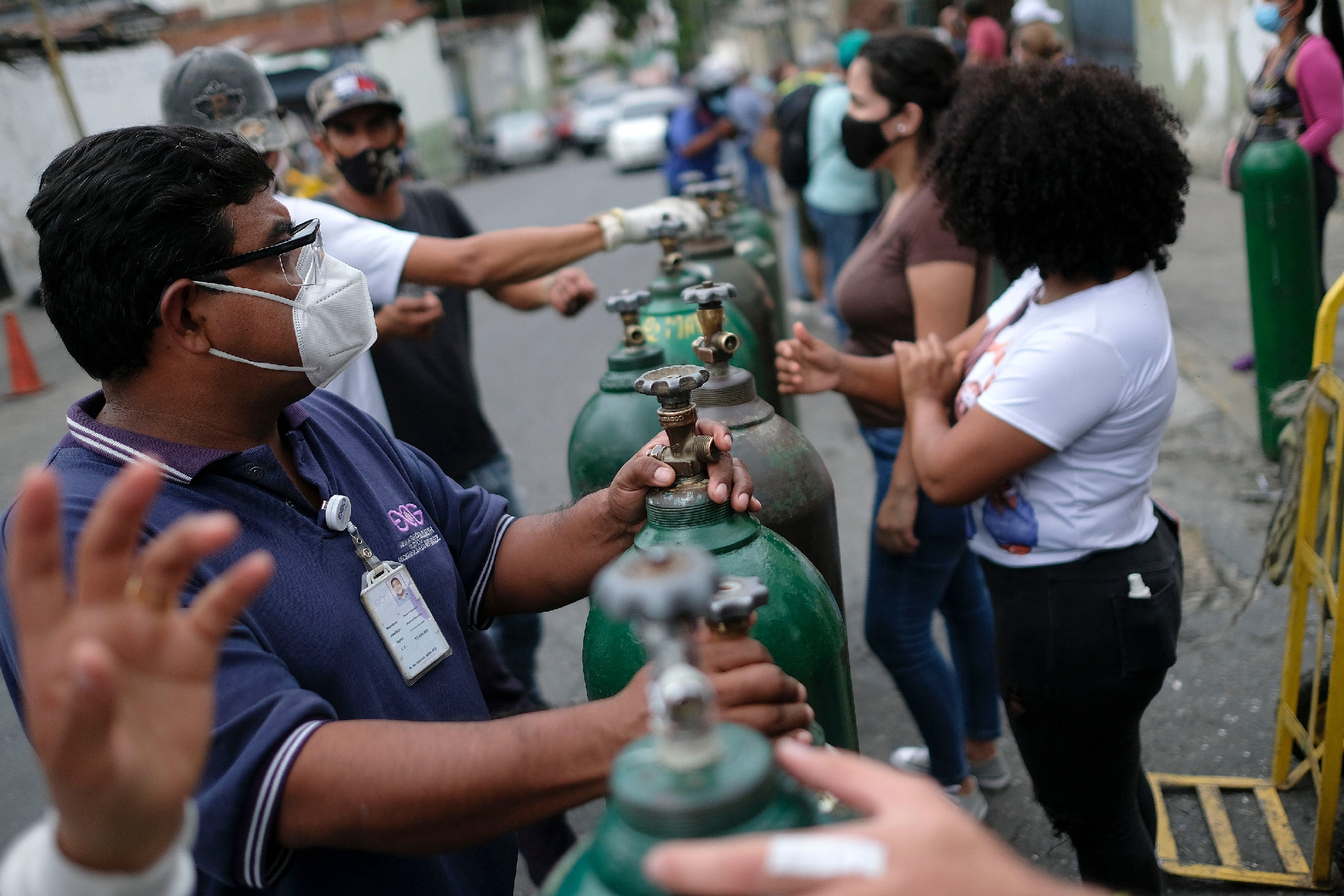
For example, the Bill and Melinda Gates Foundation granted the Institute for Health Metrics and Evaluation, the world’s premier center for epidemiology, over $600 million in funding. As I write in Epidemic Illusions:
“[M]odels developed by the Institute for Health Metrics and Evaluation (IHME) for predicting COVID-19 deaths in the US varied wildly over a matter of weeks, and their validity and appearance of certainty were appropriately criticized. More consequential than their unreliability, however, is the set of moral values built into the models as assumptions. Social distancing, the closing of businesses and schools, travel bans, and wearing face masks have become commonsensical interventions in the US (other countries have added stricter quarantines, contact tracing, etc.). But the question of whether such models yield reliable projections is a deceptive one because the future we envision will not mechanistically come into being – it is socially constructed.
And to what ends?
The plunging IHME projections were not only used to endorse the Trump administration’s COVID-19 response as competent and effective, they actively delimited – through their exaggerated precision and acceptance of government interventions as status quo – the public’s ability to imagine social alternatives. Therefore, even if the predictions in their latest model are shown to be accurate, they have still presupposed/endorsed a future where institutionalized racism is rampant, hyperincarceration is ongoing, and universal health coverage is denied.
If the pandemic is indeed a “jolt,” then why do we continue to recycle a racist imaginary?
To help empower the public to imagine social alternatives – through anti-racist modeling – my colleagues and I recently published an article in Social Science & Medicine. We argued that reparations paid to Black American descendants of persons enslaved in the U.S. could have reduced COVID-19 transmission 31 to 68 percent across racial groups.
Hate mail ensued...but why? The outbreak experts you hear from in the mainstream media will rarely speak of radical interventions like reparations because, as Charles W. Mills teaches in White Ignorance, “[i]f exploitative socioeconomic relations are indeed foundational to the social order, then this is likely to have a fundamental shaping effect on social ideation.”
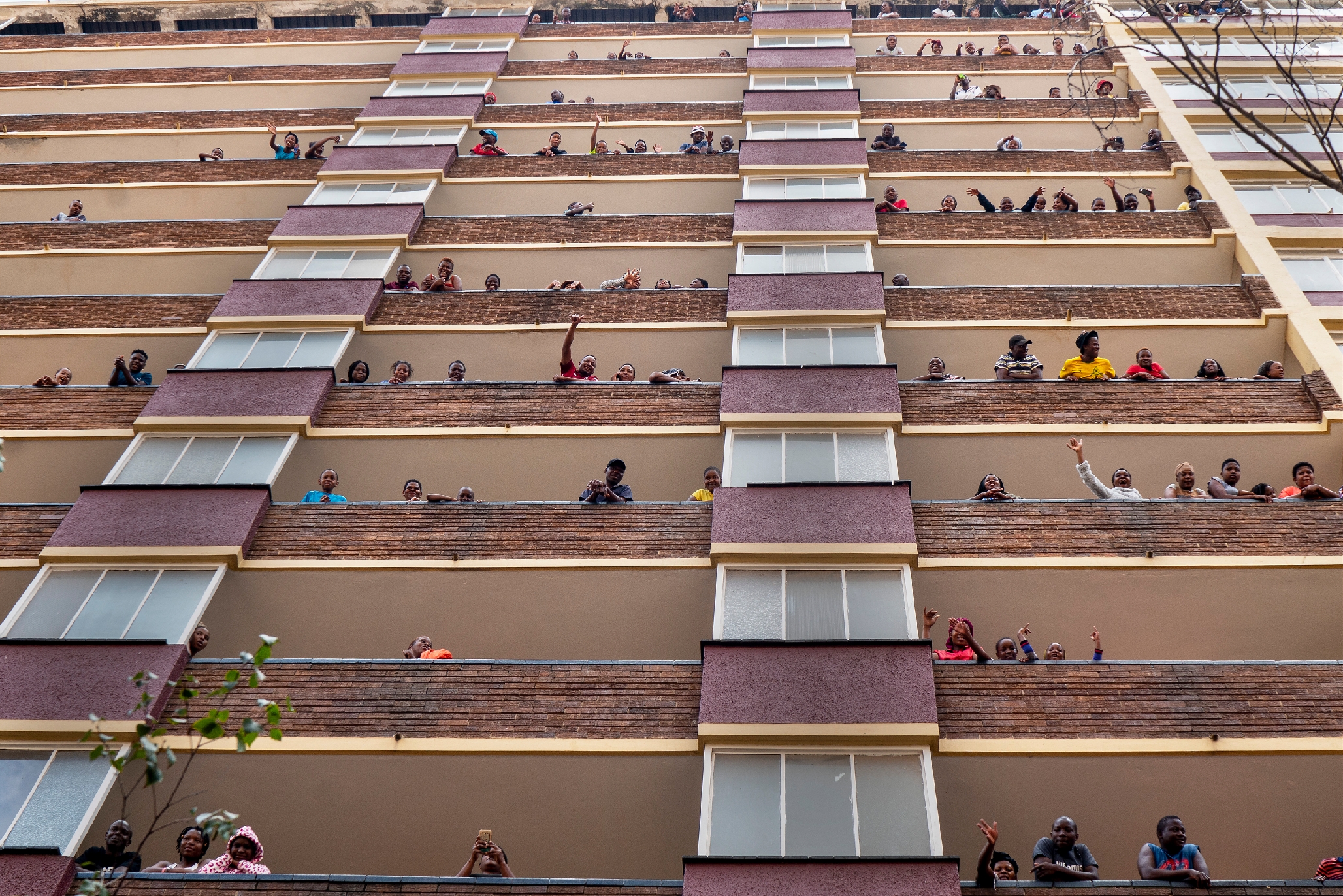
That is to say, in a white supremacist and structurally racist polity like the United States, news (and data) are curated, for the most part, in a manner that supports status quo relations of inequality. All interpretations of social phenomena have ideological underpinnings.
The ideological underpinnings of our study were antiracist and reparative. Our goal was to add to the compelling moral and historical arguments for racial-injustice interventions such as reparations by exploring how a “restitutive program targeted towards Black individuals would have affected COVID-19 transmission in the U.S.”
This led people to ask: “But why reparations?” The purported post-racial society engendered by Barack Obama’s presidency presupposed that we have all had a chance to be human – we have not. The only way to achieve such a society would be to repair the legacies of enslavement, legal segregation, white terrorism (e.g., lynchings during the Jim Crow period), hyperincarceration, lethal policing, and ongoing discrimination in housing, employment, policing, credit markets, and health care.… via a program of reparations.
Experts in Forecasting
There are many reasons why white supremacy and structural racism are rampant in the U.S. more than 150 years after the abolition of enslavement.
But what critical pragmatists like me do is explore how so-called experts – including epidemiologists, whose job it is to improve the health of populations – are used as instruments to reproduce these oppressive social forces.
For example, if you argue against public shaming as a COVID-19 containment strategy, based on some incommensurable analogy to HIV and sex, then your advice foresees a better public health result from heightened societal tolerance. Yet this does require trading human lives to achieve the requisite empathy for people who find that “long-standing habits – such as not wearing a mask to the grocery store – are difficult to break.”
_bIMG_1235_(49903512197).jpg)
What if the actual long-standing habit that is difficult to break here is white entitlement? And what if empathizing with structurally racist behavior results in more lives lost than an approach based on reparative justice? One cannot hide from ideological presuppositions when making forecasts.
On another corner of the Nolan Chart, Stanford academics with known neoliberal proclivities used a highly flawed COVID-19 antibody survey to opine on whether universal quarantine measures were worth their costs to the economy in The Wall Street Journal in March 2020. Dismally, their forecast of 20,000 to 40,000 deaths in the U.S. was more than ten times lower than current death toll, but their work did provide “a science based plan using data to reopen a [sic] economy with a bang as is the desire of President Trump.”
Even a year later, facing the devastating fact that more than 550,000 people have died from COVID-19 in the U.S., Jay Bhattacharya doubled down on this failed analysis in a panel organized by the Republican Governor of Florida, Ron DeSantis: “I think the masks have not only not been ineffective but harmful…[and] I think the lockdowns were the single biggest public health mistake.”
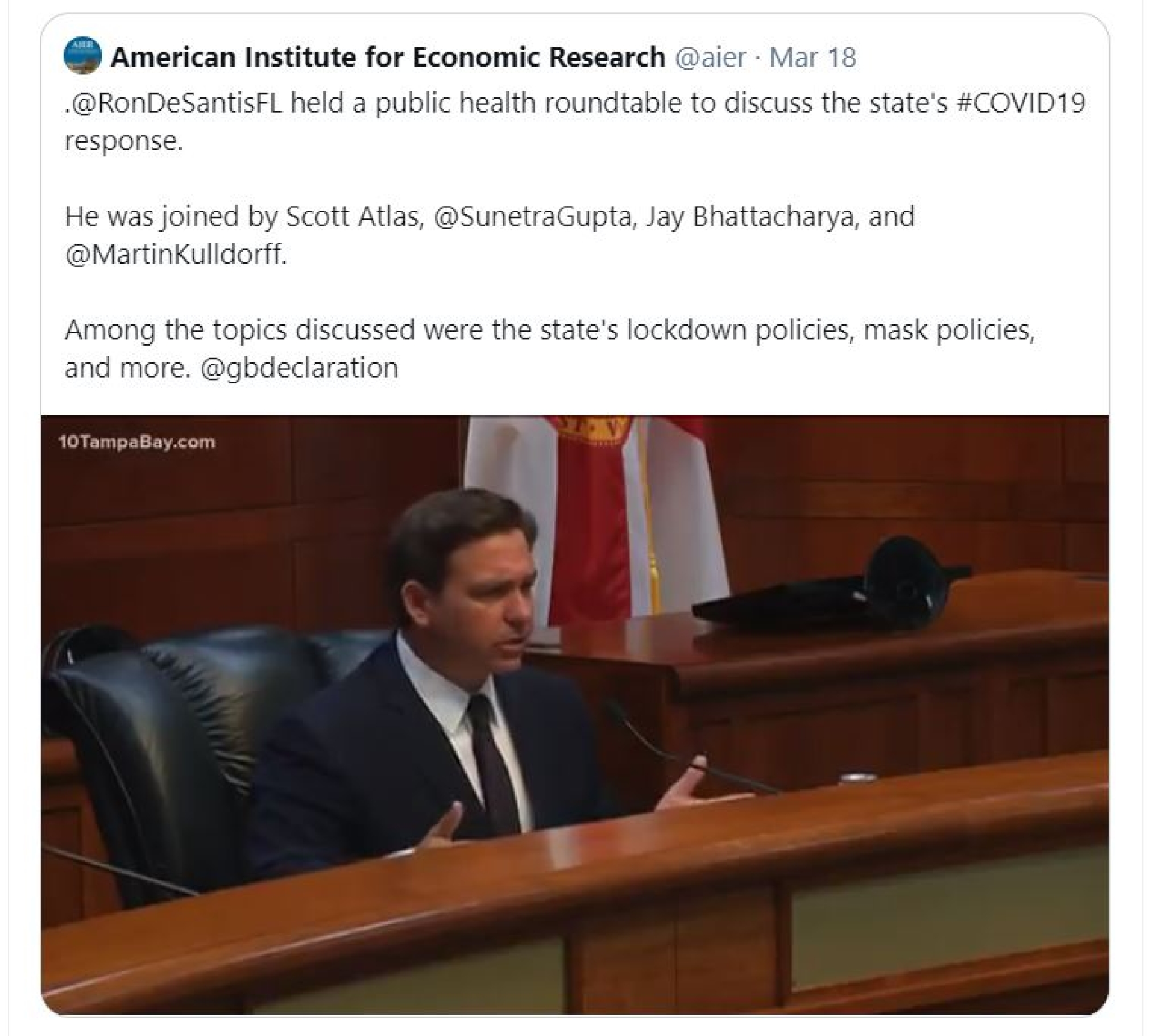
YouTube removed a video of this panel, claiming that it “included content that contradicts the consensus of local and global health authorities regarding the efficacy of masks to prevent the spread of COVID-19.” But Bhattacharya’s sentiments merely recapitulate the Great Barrington Declaration – a strategy document signed by “top public health scientists” proposing to trade COVID-19 deaths for mitigating the costs of lockdowns – fostered by the American Economic Institute for Economic Research, a climate denialist organization partially funded by the Koch brothers.
This is how the instruments of public health are used.
Consequently, the COVID-19 punditry you encounter in mass media is not presented to you by value-free, objectively neutral data miners. More often than not, you are being influenced by competent health professionals who curate data in a manner that furthers dominant ideologies. In this way, they also serve the racist status quo.
What Sort of Jolt?
In sum, I would argue the COVID-19 pandemic has not been a once-in-a-century jolt that changed the way we think about outbreaks, as we continue to analyze disease transmission in ways that promote the racist, neoliberal status quo.
For pandemic containment policy to become anti-racist, it needs to go beyond the recycling the wearing of masks and stay-at-home orders. Interventions in risk structure – that is, the way people are enabled or constrained in their associations with others – are crucial to pandemic preparedness, the ability to comply with containment policy once it is decreed, and racial justice in general. Such an amelioration of structural risk can be achieved with reparations.
To engender the change in consciousness that would support such reparative views, a real jolt needs to occur. As I observed in Epidemic Illusions: “Pandemicity – which we might conceive of as the linking of humanity through contagion – may bring about the dawning of a relational consciousness in the descendants of colonialists, especially in the Global North.”
Eugene Richardson, MD, PhD, is Assistant Professor of Global Health and Social Medicine at Harvard Medical School and Assistant Professor of Medicine at Brigham and Women’s Hospital. He is also a Visiting Faculty member at the University of Global Health Equity in Butaro, Rwanda, and serves as the Chair of The Lancet Commission on Reparations and Redistributive Justice. He tweets at @Real_Ironist.
Cover Photograph: An Indian woman waits for the result of her COVID-19 test at a hospital in Hyderabad, India on April 12, 2021. (AP Photo/Mahesh Kumar A.)
